Connecting the Dots
09
Cancer Research News Around the World
Explore the latest and most significant news in cancer research and its connection to Oncode Accelerator. Stay updated on the ongoing efforts in the fight against cancer, and learn about advancements in innovative technologies that help scientists to outsmart cancer and impact lives.
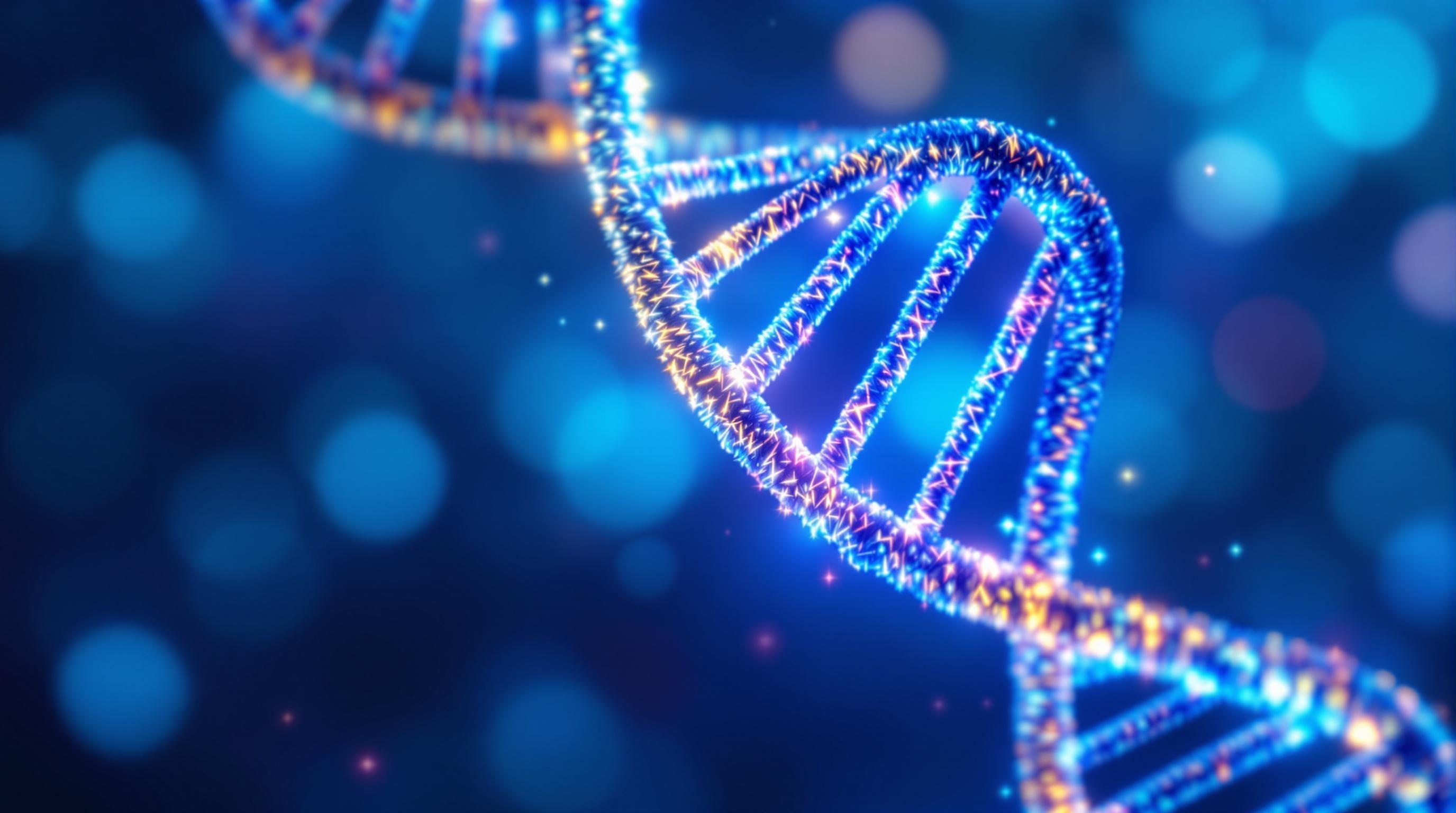
Organoids
Genetic Breakthrough in Childhood Kidney Cancer
Scientists from the Princess Máxima Center, together with international partners, discovered that a form of kidney cancer in children contains many more genetic changes than previously thought.
Read more
Partner Institute
Sharing AI expertise at the Royal Palace in Amsterdam
At the end of 2024, the Palace Symposium on ‘Biological Design Through Artificial Intelligence’ took place at the Royal Palace Amsterdam. Prof. Gerard van Westen, Professor of AI and Pharmaceutical Chemistry at Leiden University and the lead of Oncode Accelerator’s Artificial Intelligence Platform, was invited to discuss applications of AI in developing innovative medicines.
Listen to his lecture (in Dutch):
Read more
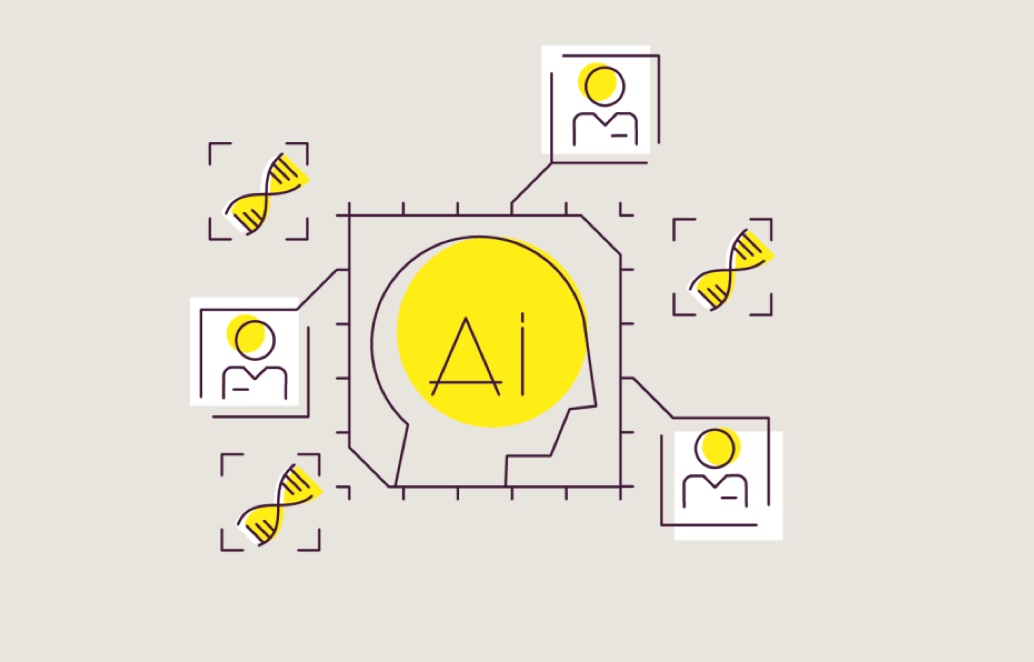
Artificial Intelligence
Leveraging AI to Understand Oncogenesis
A recent publication presents an overview of the current knowledge around noncoding genetic variations and their (potential) roles in tumorigenesis, alongside a comparison of cutting-edge AI models that have helped to advance this body of work.
Read more
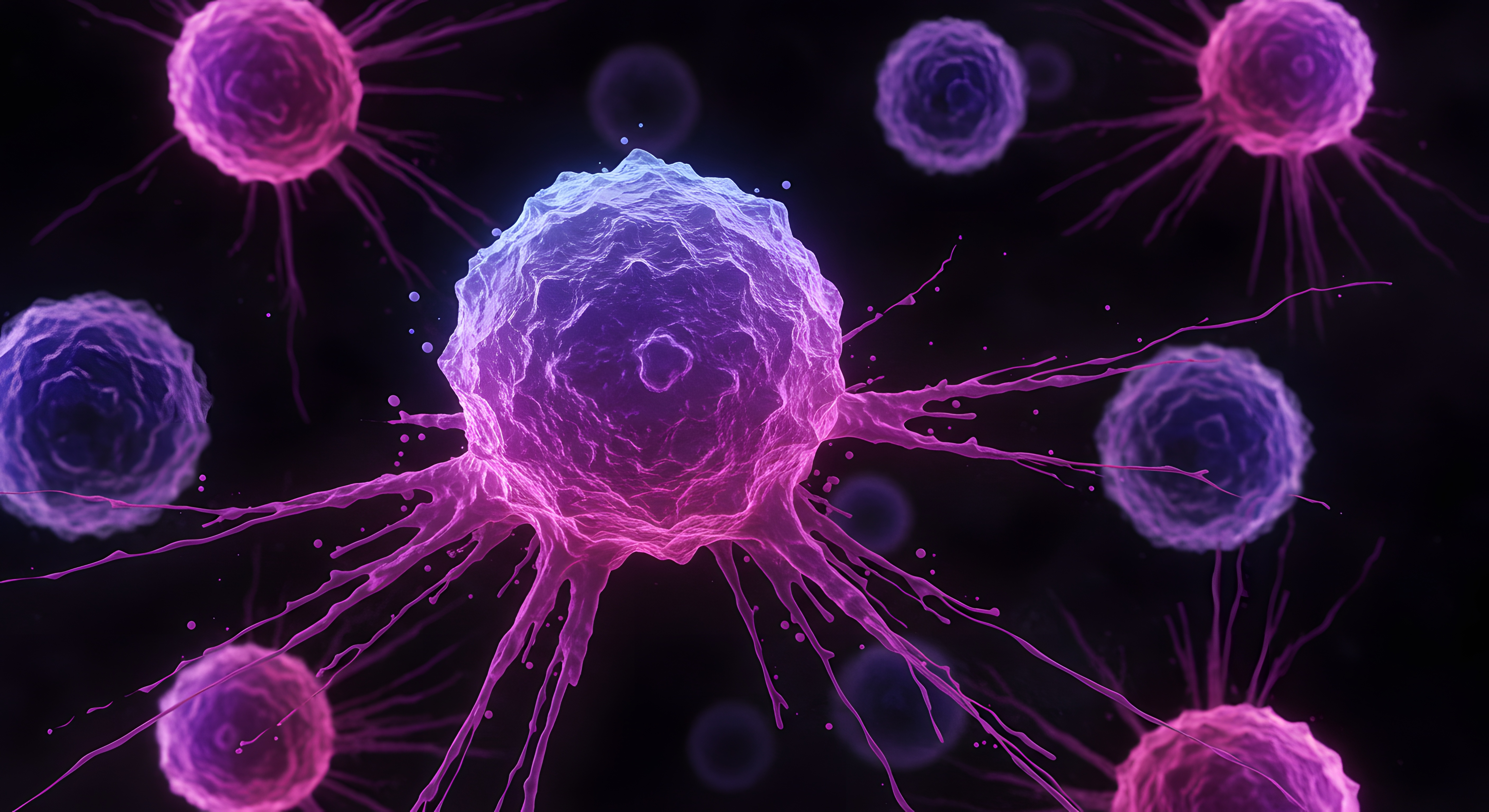
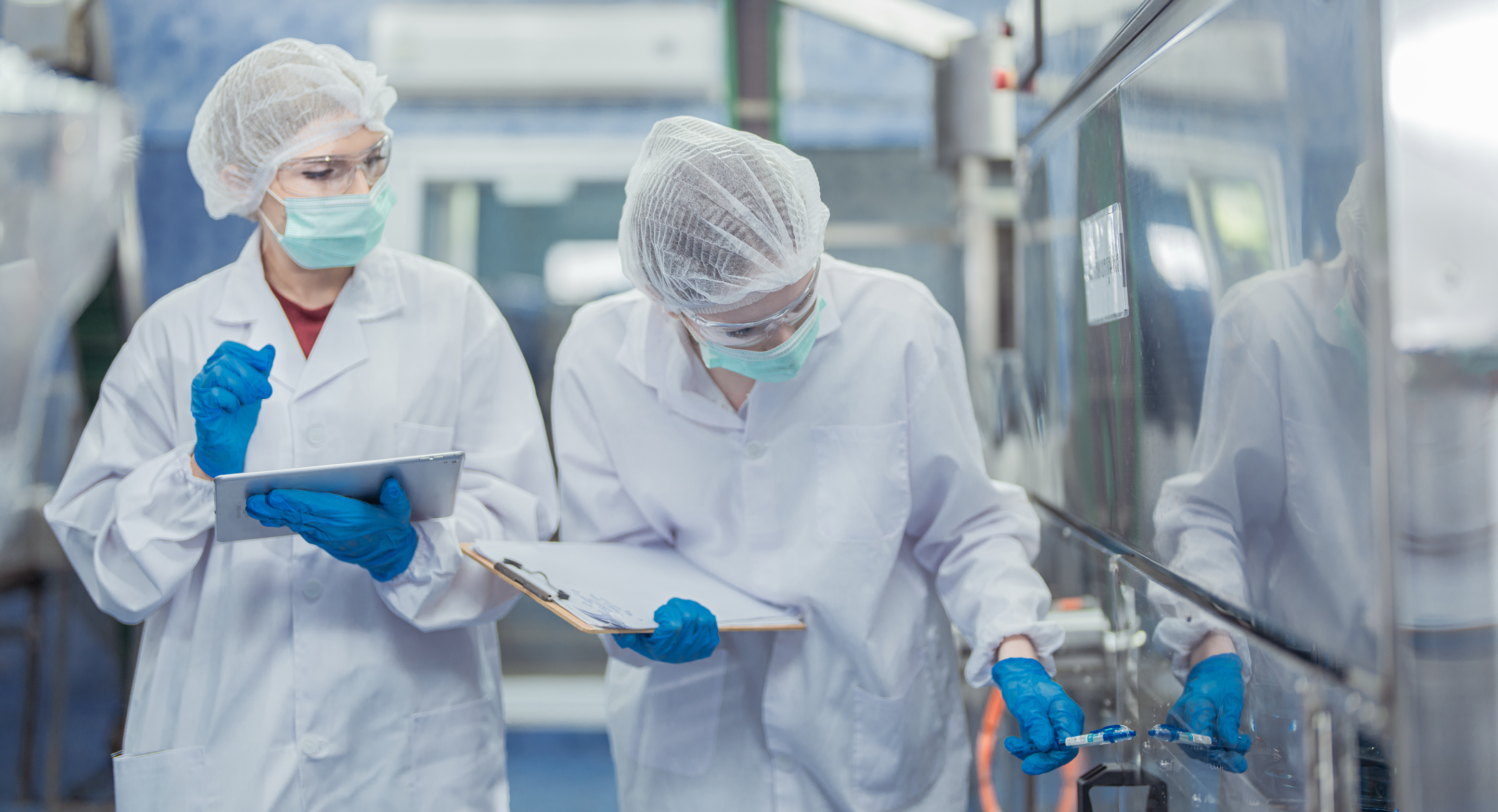
Cell and Gene Therapy
Optimizing CAR-T Cell Manufacturing and Production
CAR-T cell therapy has revolutionized cancer treatment, but production and manufacturing remain complex and cost-intensive. A recent publication details there is potential for cost-minimization and optimization.
Read more
Artificial Intelligence
First-in-Patient Dosing of AI-Designed Small Molecule
The first patients have been dosed in a phase I clinical trial of an AI-designed investigational new drug for treatment of patients with locally advanced/metastatic solid tumors.
Read more
Biologics
Structure-Guided Design of Antibody-Based Cancer Immunotherapies
Structure-guided design of new cancer therapeutics has great potential, especially as structural biology technologies advance and become more accessible to scientists. A recent publication presents a case study.
Read more
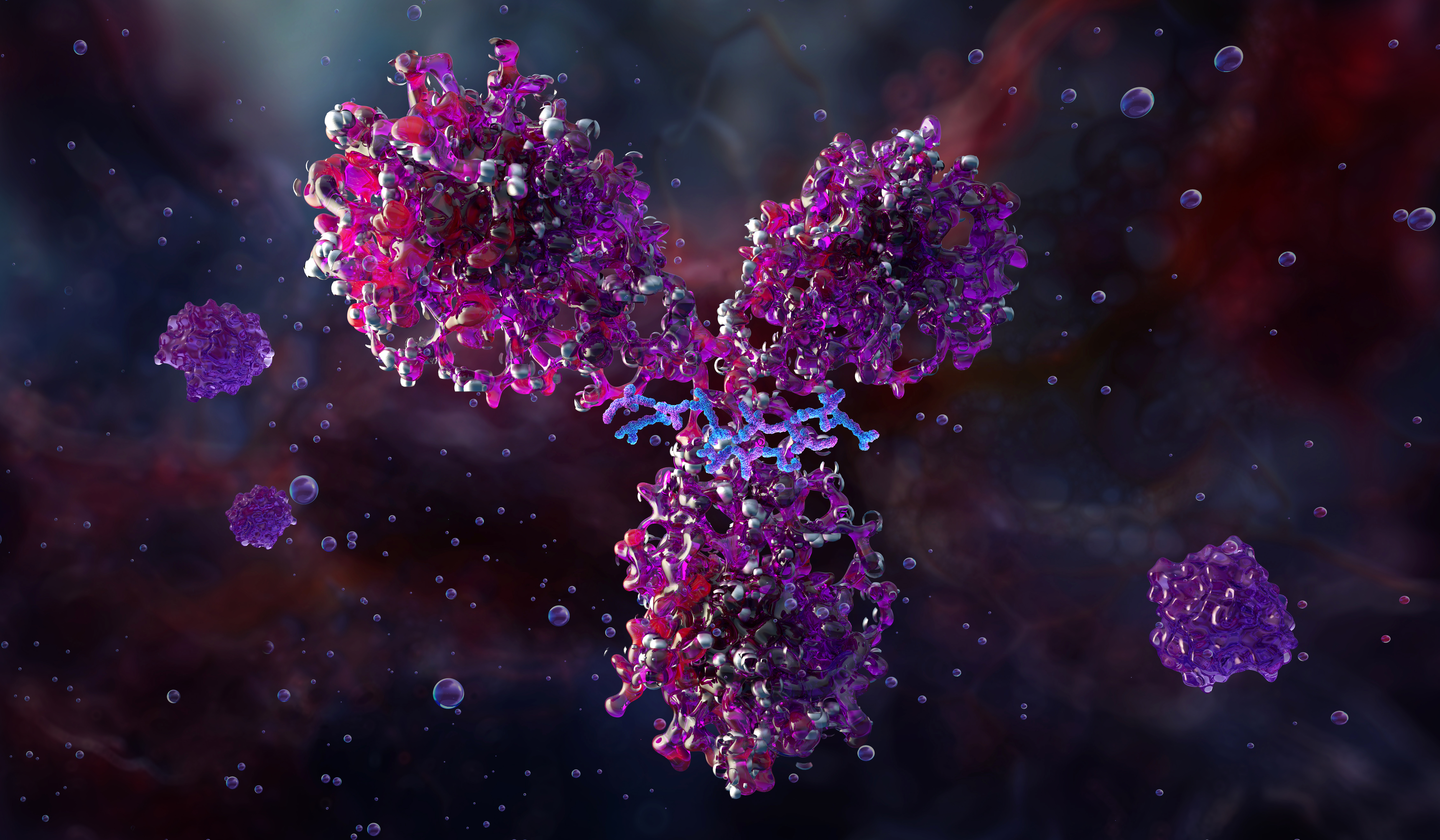
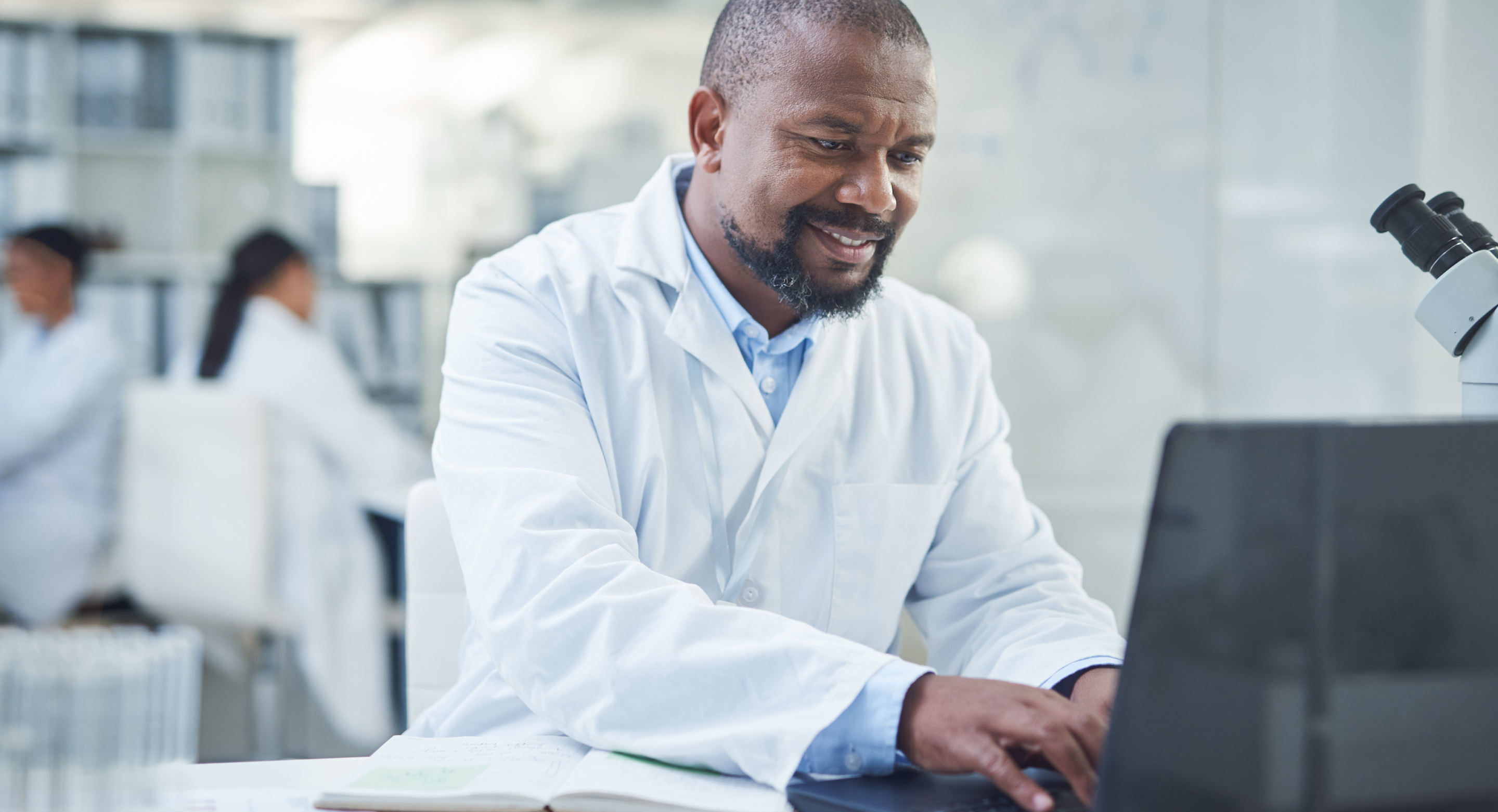
Artificial Intelligence and Organoids
Integrating Machine Learning with Patient-Derived Organoids for Multi-Drug Screening
Scientists integrated machine learning with an automated tumor-on-a-chip model to test and optimize combination chemotherapies in patient-derived organoids.
Read more
Artificial Intelligence
AI in healthcare
De Volkskrant writes about AI and the various possibilities it offers in healthcare. The article features an interview with Jeroen de Ridder, PI within our sister organization Oncode Institute, who sheds light on how he has developed an AI tool that helps determine a tumor type within 30 minutes.
Read more

Artificial Intelligence
Pharma and AI
Tech company IBM is providing an AI model to support the research of the German pharmaceutical company Boehringer Ingelheim. Their aim is to save time, especially at the beginning of the drug discovery process.
Read more
Patient Data
NESTOR
This year, all academic hospitals and the Netherlands Cancer Institute (NKI) will join forces to create NESTOR: a large database that consolidates data from as many people as possible with a hereditary predisposition to cancer. The project receives €3.4 million from KWF.
KWF and Radboudumc
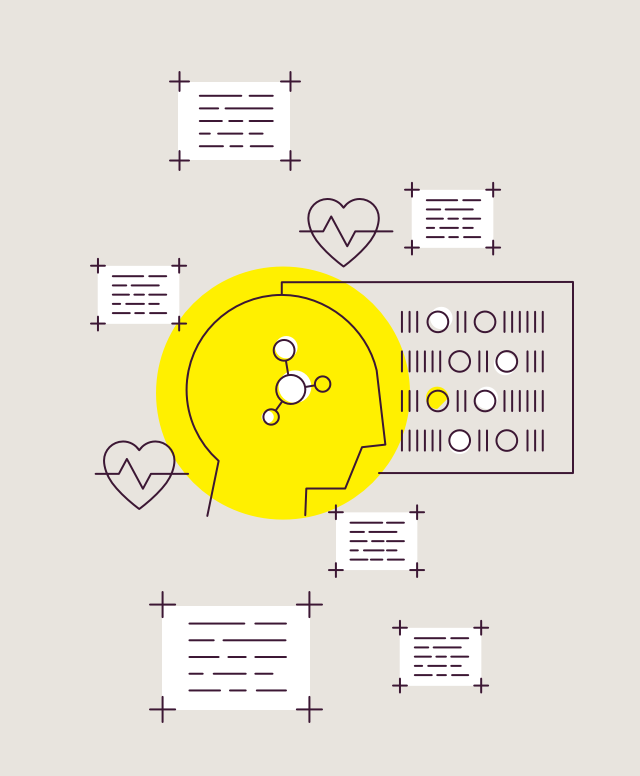
Patient Data
Molecular and clinical patient data
Palga and Health-RI are collaborating to set up a platform for multidisciplinary consultation, with molecular and clinical data of patients who are discussed in a molecular tumor board. This platform should add great value for both patient care and scientific research into cancer pathology and new treatments.
Read more

Patient Data
Mapping tumor DNA
The GENAYA project, launched in 2022, aims to fully map tumor DNA in 1,000 adolescents/young adults (AYAs) with cancer using whole genome sequencing. This will be able to provide more insight into the genetic characteristics of tumours in these patients, which may lead to more tailored treatment. Currently, 22 hospitals have signed an agreement for participation in GENAYA, and around 100 patients have been included.
Read more